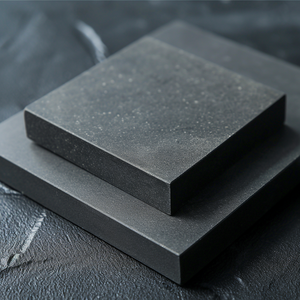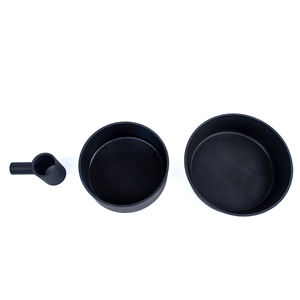Discover Premium Ceramic Products | Durability & Elegance United | Advanced Ceramics
PRODUCT PARAMETERS
Description
Overview of Silicon Carbide Ceramics
Silicon Carbide (SiC) ceramics are renowned for their outstanding mechanical properties, including high hardness, strength at elevated temperatures, and excellent thermal shock resistance. These materials are pivotal in cutting-edge industrial applications, from abrasives to aerospace components, due to their unique combination of properties.
Features of Silicon Carbide Ceramics
High Hardness: Exceptional wear resistance.
Thermal Shock Resistance: Can withstand rapid temperature changes.
Chemical Stability: Resistant to most chemicals.
High Thermal Conductivity: Efficient heat dissipation.
Low Density: Lightweight for its strength.
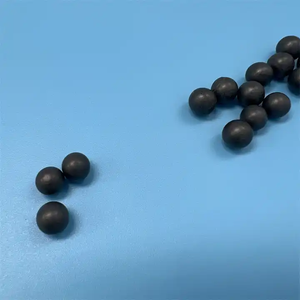
(Clay Bonded Silicon Carbide (sic) Ceramic Tube)
Specification of Clay Bonded Silicon Carbide (sic) Ceramic Tube
Clay Bonded Silicon Carbide (SiC) Ceramic Tubes are crafted for high-performance applications. These tubes combine silicon carbide with clay binders. The result is a material with outstanding durability and resistance to severe problems. These tubes take care of high temperatures up to 1380 ° C. They function well in furnaces, kilns, and thermal handling systems. Their thermal conductivity is greater than many porcelains. This permits efficient warmth transfer. They stand up to abrupt temperature changes without fracturing. This makes them dependable in fast home heating or cooling environments.
Mechanical strength is a crucial feature. Clay adhered SiC tubes stand up to hefty loads and unpleasant conditions. They are harder than most steels. This minimizes wear in time. Their framework stays secure under stress and anxiety. This stops deformation throughout operation. Rust resistance is one more benefit. They do not react with acids, antacid, or molten metals. This fits them for chemical processing and metal handling.
Measurements can be customized. Criterion sizes range from 100 mm to 1500 mm. Inner diameters range 10 mm and 300 mm. Wall surface density generally falls between 5 mm and 25 mm. Tolerances are tight to make certain appropriate suit industrial configurations. Surface area coatings are smooth to minimize rubbing. This helps in applications entailing gas or fluid flow.
These tubes are utilized in several industries. Metallurgy counts on them for molten metal transport. The chemical field utilizes them in activators and heat exchangers. Power systems employ them in burning chambers. Their low thermal growth minimizes threat of structural failure. Installation is simple as a result of their light-weight nature. Upkeep demands are very little because of their lengthy life expectancy. Custom sizes and shapes are available for specialized equipment. Efficiency continues to be constant even after long term usage. This lowers downtime and substitute expenses.
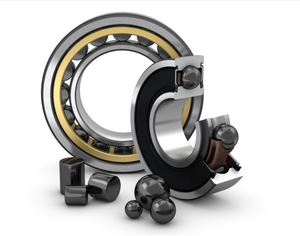
(Clay Bonded Silicon Carbide (sic) Ceramic Tube)
Applications of Clay Bonded Silicon Carbide (sic) Ceramic Tube
Clay bound silicon carbide ceramic tubes are commonly utilized in sectors calling for high thermal conductivity, resistance to thermal shock, and corrosion resistance. These tubes manage extreme temperatures and extreme environments. Their resilience makes them optimal for requiring applications.
In metallurgical handling, these tubes serve in metal melting heating systems. They stand up to temperature levels over 1500 ° C without degrading. This stability prevents failure under warmth anxiety. Heating system drivers rely upon them to minimize maintenance and prolong tools life.
Chemical handling plants make use of clay bound silicon carbide tubes for dealing with harsh materials. Acids, alkalis, and aggressive gases cause very little wear. The product’s non-reactive nature ensures risk-free transport of chemicals. Pipes and heat exchangers take advantage of their lasting efficiency.
Energy production systems employ these tubes in nuclear power plant and solar thermal setups. They handle high heat flux in boilers and warm recuperation devices. Thermal biking– duplicated heating & cooling– does not fracture or damage them. This integrity supports effective energy generation.
Automotive and aerospace fields apply televisions in exhaust systems and turbine elements. They endure high-speed gas circulations and abrasive fragments. Engines and generators operate longer with reduced wear. Their lightweight structure also assists in gas performance.
Manufacturing tools like kilns and sintering heaters make use of these tubes as safety sleeves or structural supports. They shield delicate parts from direct warmth. Industrial equipment preserves accuracy under stress and anxiety. Manufacturing facilities see fewer malfunctions and lower fixing costs.
The electric sector makes use of clay adhered silicon carbide tubes as insulators in high-voltage systems. Their electric resistance stops current leak. Power circulation networks remain safe and stable.
These tubes are economical for industrial applications. Their long service life decreases replacement frequency. Organizations attain much better efficiency with minimal downtime. Industries remain to embrace them for reliable performance in hard conditions.
Company Introduction
Advanced Ceramics founded on October 17, 2014, is a high-tech enterprise committed to the research and development, production, processing, sales and technical services of ceramic relative materials and products.. Since its establishment in 2014, the company has been committed to providing customers with the best products and services, and has become a leader in the industry through continuous technological innovation and strict quality management.
Our products includes but not limited to Silicon carbide ceramic products, Boron Carbide Ceramic Products, Boron Nitride Ceramic Products, Silicon Carbide Ceramic Products, Silicon Nitride Ceramic Products, Zirconium Dioxide Ceramic Products, Quartz Products, etc. Please feel free to contact us.(nanotrun@yahoo.com)

Payment Methods
T/T, Western Union, Paypal, Credit Card etc.
Shipment Methods
By air, by sea, by express, as customers request.

5 FAQs of Clay Bonded Silicon Carbide (sic) Ceramic Tube
What is Clay Bonded Silicon Carbide Ceramic Tube?
Clay Bonded Silicon Carbide (SiC) Ceramic Tube is a high-performance material made by mixing silicon carbide with clay binders. The mix is shaped into tubes and fired at high temperatures. This creates a strong, heat-resistant product used in industries needing durability under extreme conditions.
How much heat can it handle?
These tubes work well in temperatures up to 1650°C. They resist thermal shock, meaning they handle sudden temperature changes without cracking. This makes them ideal for furnaces, kilns, or high-heat industrial processes.
Where is it commonly used?
They are used in steelmaking, glass production, chemical processing, and power plants. The tubes line heating elements, protect thermocouples, or carry corrosive gases. Their strength and heat resistance make them reliable in harsh environments.
Why choose clay-bonded SiC over other ceramics?
Clay-bonded SiC offers better thermal conductivity and mechanical strength compared to alumina or zirconia. It lasts longer under stress and resists wear, acids, and alkalis. The cost is lower than pure silicon carbide, balancing performance and budget.
How to handle these tubes safely?
Avoid dropping or hitting the tubes. They are hard but can crack from impact. Install them carefully to prevent stress during heating cycles. Do not expose them to rapid temperature shifts beyond their rating. Store them in dry conditions to keep the material stable.
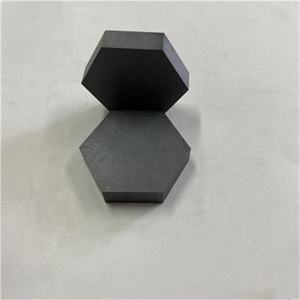
(Clay Bonded Silicon Carbide (sic) Ceramic Tube)
REQUEST A QUOTE
RELATED PRODUCTS
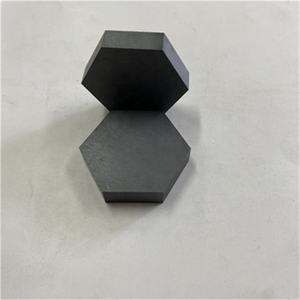
Polished Wear-resistant Silicon Carbide Ceramic Rod Shaft/bar
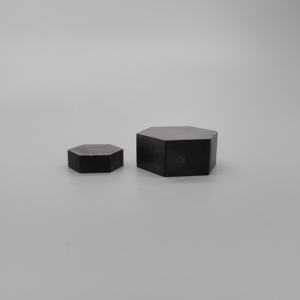
SIC Industrial Ceramic Sinter High Temperature Graphite Heating Elements 2400 Degree Silicon Carbide Vacuum Sintering Furnace
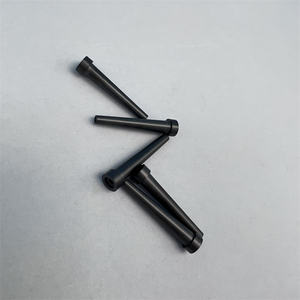
50mm 2″ 3” Tr/Ts Aluminum Oxide Ceramic Zirconia Alumina Silicon Carbide Quick Change Discs for Cleaning Polishing Snagging Surface Condition Customized

Abrasive Silicon Carbide Ceramic Tubes for Industrial Applications
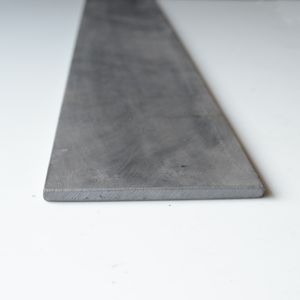
Ceramic Plunger Pressure Free Sintered Silicon Carbide Zirconia Ceramic
